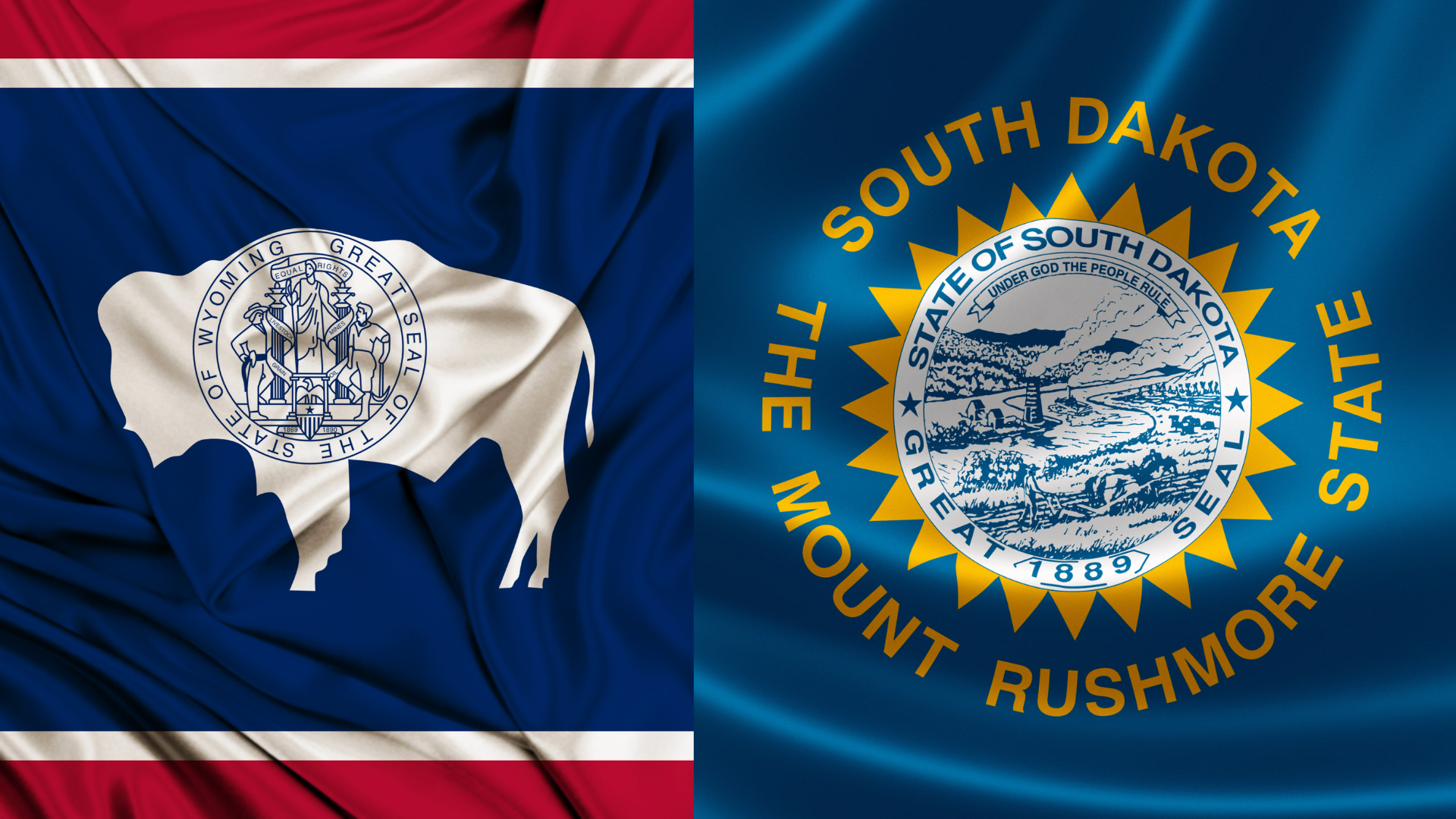Wyoming and South Dakota Age Verification Laws Could Include Huge Parts of the Internet
Last month, age verification laws went into effect in Wyoming and South Dakota, requiring sites hosting material that is harmful to minors to verify visitors are over 18 years old. These would normally just be two more states joining the nearly 30 that have so far ceded ground to a years-long campaign for enforcing invasive, ineffective methods of keeping kids away from porn online.But these two states laws leave out an important condition: Unlike the laws passed in other states, they dont state that this applies only to sites with 33.3 percent or one-third harmful material. That could mean Wyoming and South Dakota would require a huge number of sites to use age verification because they host any material they deem harmful to minors, not just porn sites.Louisiana became the first state to pass an age verification law in the US in January 2023, and since then, most states have either copied or modeled their laws on Louisianasincluding in Arizona, Missouri, and Ohio, where these laws will be enacted within the coming weeks. And most have included the one-third clause, which would theoretically limit the age verification burden to adult sites. But dropping that provision, as Wyoming and South Dakota have done, opens a huge swath of sites to the burden of verifying the ages of visitors in those states.Louisianas law states:Any commercial entity that knowingly and intentionally publishes or distributes material harmful to minors on the internet from a website that contains a substantial portion of such material shall be held liable if the entity fails to perform reasonable age verification methods to verify the age of individuals attempting to access the material.A substantial portion is 33.3 percent or more material on a site thats harmful to minors, the law says.The same organizations that have lobbied for age verification laws that apply to porn sites have also spent years targeting social media platforms like Reddit and X, as well as streaming services like Netflix, for hosting adult content they deem sexploitation. While these sites and platforms do host adult content, age-gating the entire internet only pushes adult consumers and children alike into less-regulated, more exploitative spaces and situations, while everyone just uses VPNs to get around gates.Florida Sues Huge Porn Sites Including XVideos and Bang Bros Over Age Verification LawThe lawsuit alleges XVideos, Bang Bros, XNXX, Girls Gone Wild and TrafficFactory are in violation of Floridas law that requires adult platforms to verify visitors are over 18.404 MediaSamantha ColeAdult industry advocacy group the Free Speech Coalition issued an alert about Wyoming and South Dakotas dropping of the one-third or substantial requirement on Tuesday, writing that this could create civil and criminal liability for social media platforms such as X, Reddit and Discord, retailers such as Amazon and Barnes & Noble, streaming platforms such as Netflix and Rumble, and any other platform that simply allowed material these states consider harmful to minors but doesnt age-verify. Under these new laws, a platform with any amount of material harmful to minors, is required to verify the age of all visitors using the site. Operators of platforms that fail to do so may be subject to civil suits or even arrest, they wrote.Kansas Is About to Pass the Most Extreme Age Verification Law YetThe bill would make sites with more than 25 percent adult content liable to fines, and lumps homosexuality into sexual conduct.404 MediaSamantha ColeA version of what could be the future of the internet in the US is already playing out in the UK. Last month, the UK enacted the Online Safety Act, which forces platforms to verify the ages of everyone who tries to access certain kinds of content deemed harmful to children. So far, this has included (but isnt limited to) Discord, popular communities on Reddit, social media sites like Bluesky, and certain content on Spotify.On Monday, a judge dismissed a case brought by the Wikimedia Foundation that argued the over-broadness of the new UK rules would undermine the privacy and safety of Wikipedias volunteer contributors, expose the encyclopedia to manipulation and vandalism, and divert essential resources from protecting people and improving Wikipedia, one of the worlds most trusted and widely used digital public goods, Wikimedia Foundation wrote. For example, the Foundation would be required to verify the identity of many Wikipedia contributors, undermining the privacy that is central to keeping Wikipedia volunteers safe."As we're seeing in the UK with the Online Safety Act, laws designed to protect the children from harmful material online quickly metastasize and begin capturing nearly all users and all sites in surveillance and censorship schemes, Mike Stabile, director of public policy at the Free Speech Coalition, told me in an email following the alert. These laws give the government legal power to threaten platform owners into censoring or removing fairly innocuous content healthcare information, mainstream films, memes, political speech while decimating privacy protections for adults. Porn was only ever a Trojan horse for advancing these laws. Now, unfortunately, we're starting to see what we warned was inside all along."



